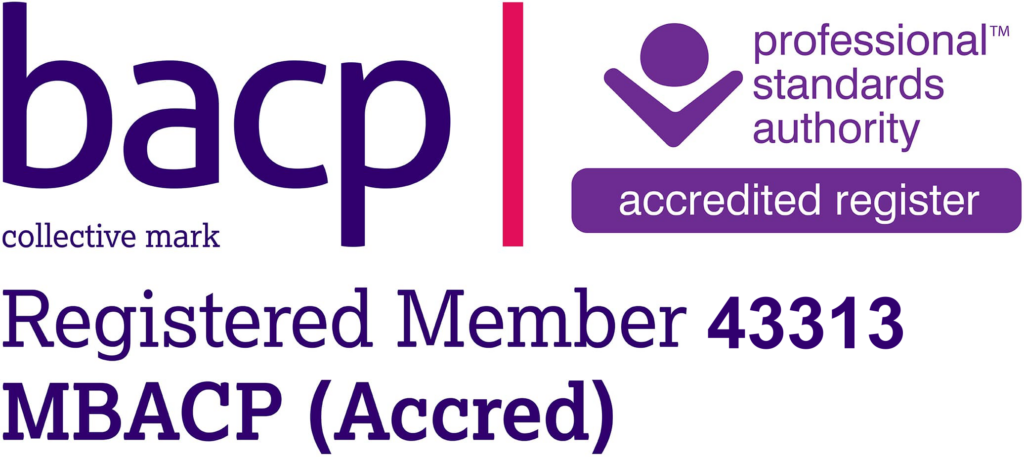Research statistics show that one in five people will go through difficult or painful experiences which could benefit from professional help. Yet many people hesitate from coming to counselling.
They may think they should solider on. Or tell themselves that things will get better in time, if they just leave them alone.
Yet the truth is that emotional wounds get worse if they are left unattended, just as physical problems compound if we put off seeing a doctor. If you get injured, or suffer from any disease or medical condition, it makes sense to see a medical health practitioner.
The same holds true for your mental health.
So what stops people from getting the help they so desperately need?
Stigma
The sad fact is that even in 2015, many people see mental health problems as shameful. Received wisdom says that we shouldn’t feel bad, or if we do, we should be able to cope. If we can’t we are weak or useless.
But the truth is that there is nothing wrong or even particularly unusual in needing help and it’s courageous and sensible to seek it if we do.
Owning up to how we feel is, in fact, brave. It’s also pragmatic; the first step to changing things is getting real with ourselves about how things are. Coming to counselling is actually taking hold of our lives and doing something concrete about our problems.
Coming to counselling is self-indulgent
The idea here is that the best thing is to seal our feelings up in a metaphoric box and get on with life.
Again, received wisdom tells us that focusing on what’s been difficult or painful for us, is wallowing in self-pity. Worse, that it can be an excuse for bad behaviour or for simply not getting on with life. Yet really the reason wounded people behave in ways that seem bad, is because they need help. If those past issues were dealt with properly, then they would be able to leave them behind and move on.
Fear
The fear here is of getting in touch with unpleasant memories or feelings. It’s true that in counselling we get real about how things are and doing this may be emotional and painful. But nothing happens in counselling until you are ready for it. It’s always your call. At any moment you can say no, I can’t go any further. It’s quite common for people to take time out to ‘process’ what they’ve said and to assess the counselling work so far, and then to continue only when they are absolutely ready.
Coming to counselling is raking over the past needlessly
If your problems is anxiety over exams today, no one is going to push you to look at your childhood anxieties or even to think about the root causes about why you are so prone to anxiety – unless you want to. However, if the problem really is repeated destructive patterns that turn up time and time again – for example in relationships which prove problematic in identical ways – then the counsellor may recommend that it’s time to go deeper. Whether you do or not is, again, completely up to you.
Believing their problems are trivial or childish
If you worry your problems are silly, then be warned – this worry is not uncommon! In fact many people struggle with saying things out loud, because they think they will be laughed out of court.
But life is hard and difficult for everybody at times, in ways which are unique to each one of us. A counsellor will meet you where you are, with understanding and compassion. When you come to counselling there will be no negative judgements about you and your problems.
You may not be starving in the third world, but if the problem feels like a problem for you, then it’s real and worth doing something about.
The belief that problems will go away of their own accord
See above. Wounds untreated fester and grow worse. It’s the same with feelings and emotions. If you have been hurt or traumatised or are going through painful experiences now, the way forward to is to do something about how you feel. Don’t put off coming to counselling and just hope a miracle.
Coming to counselling creates false memories and problems where there were none before
Counsellors are trained well to support you with empathy and compassion, as well as to challenge you appropriately and help you gain a deeper sense of self-awareness. But a counsellor sticks to your agenda. They don’t impose their own beliefs on you. They are not there to implant false memories, probe around for more problems than you came in with, judge you or label you as ‘crazy’.
To find out more about how counselling can help you, please see my Counselling and You page or visit the ‘It’s Good To Talk’ website. If you feel ready to get the help you need, please get in touch.



